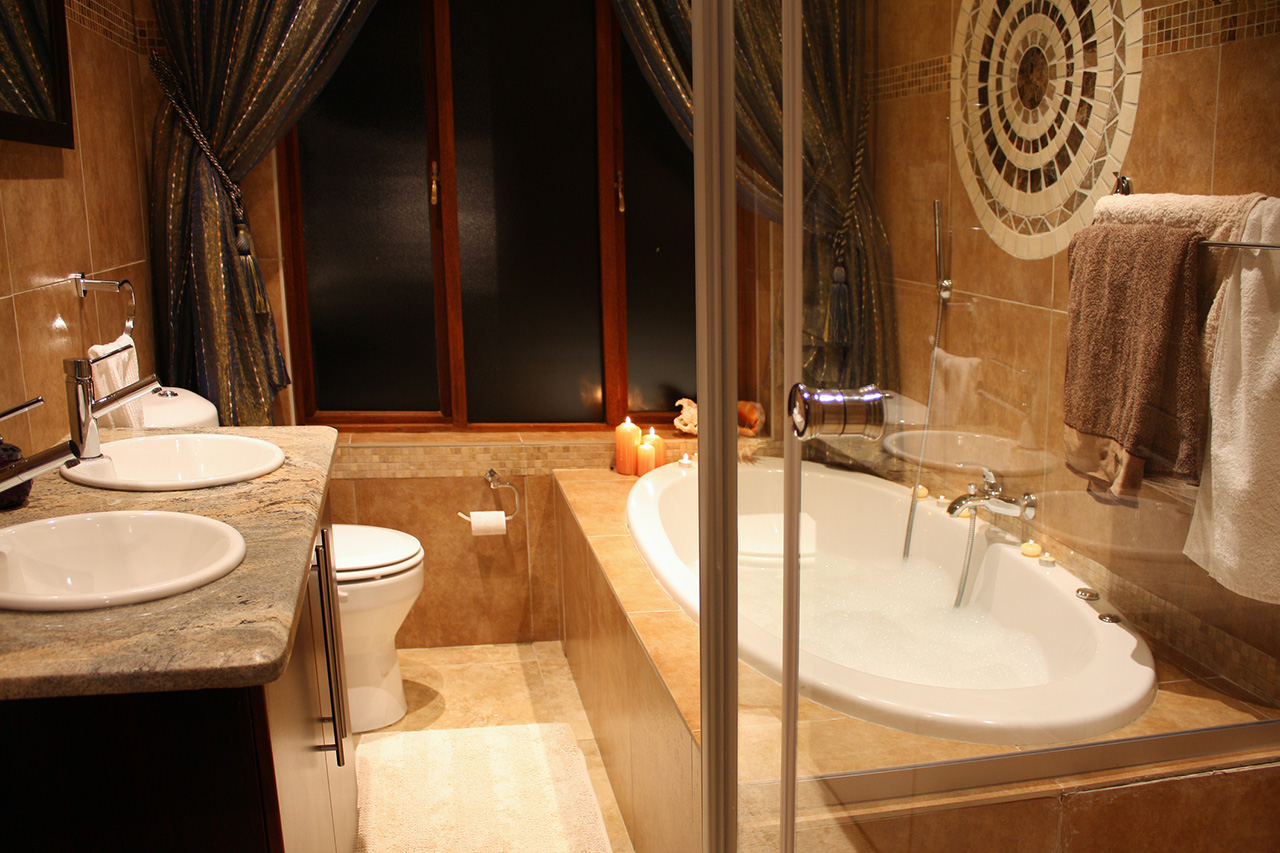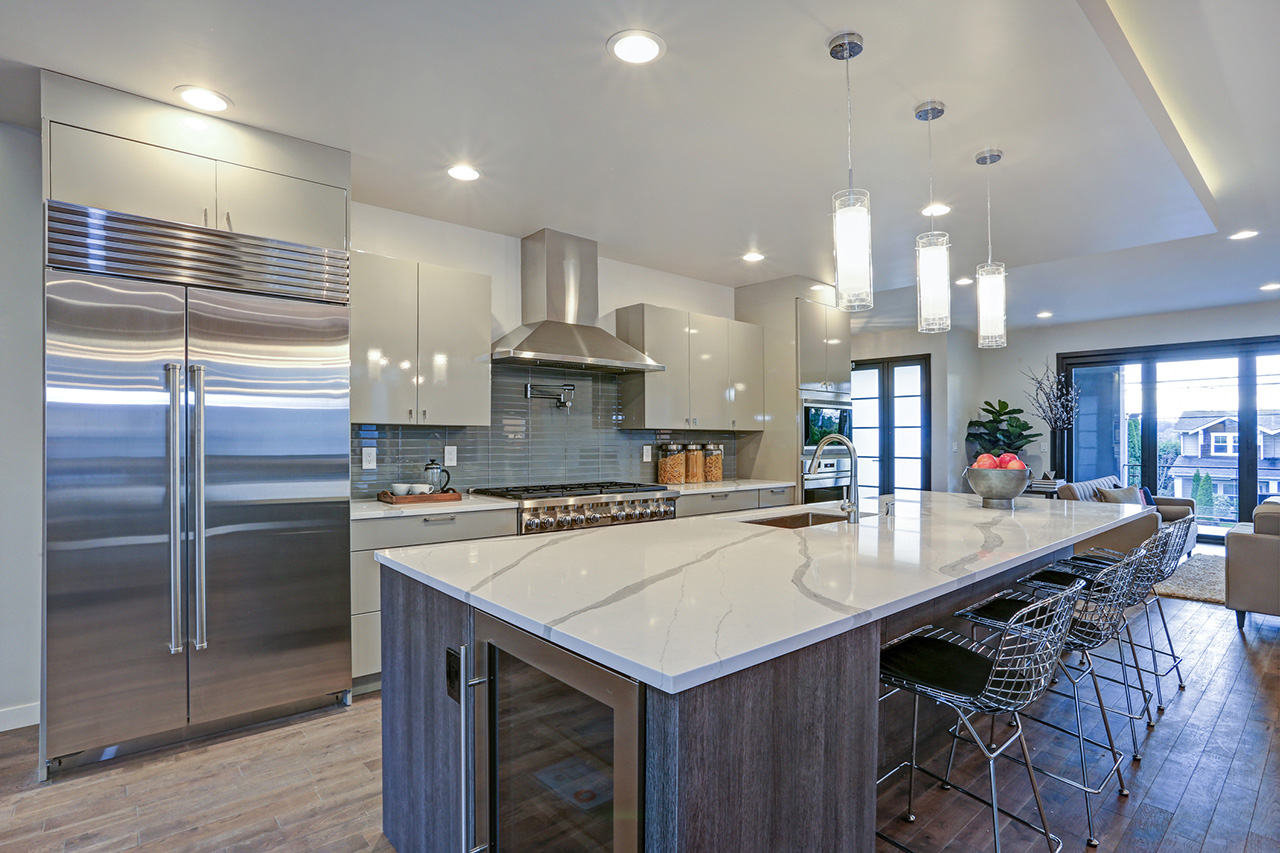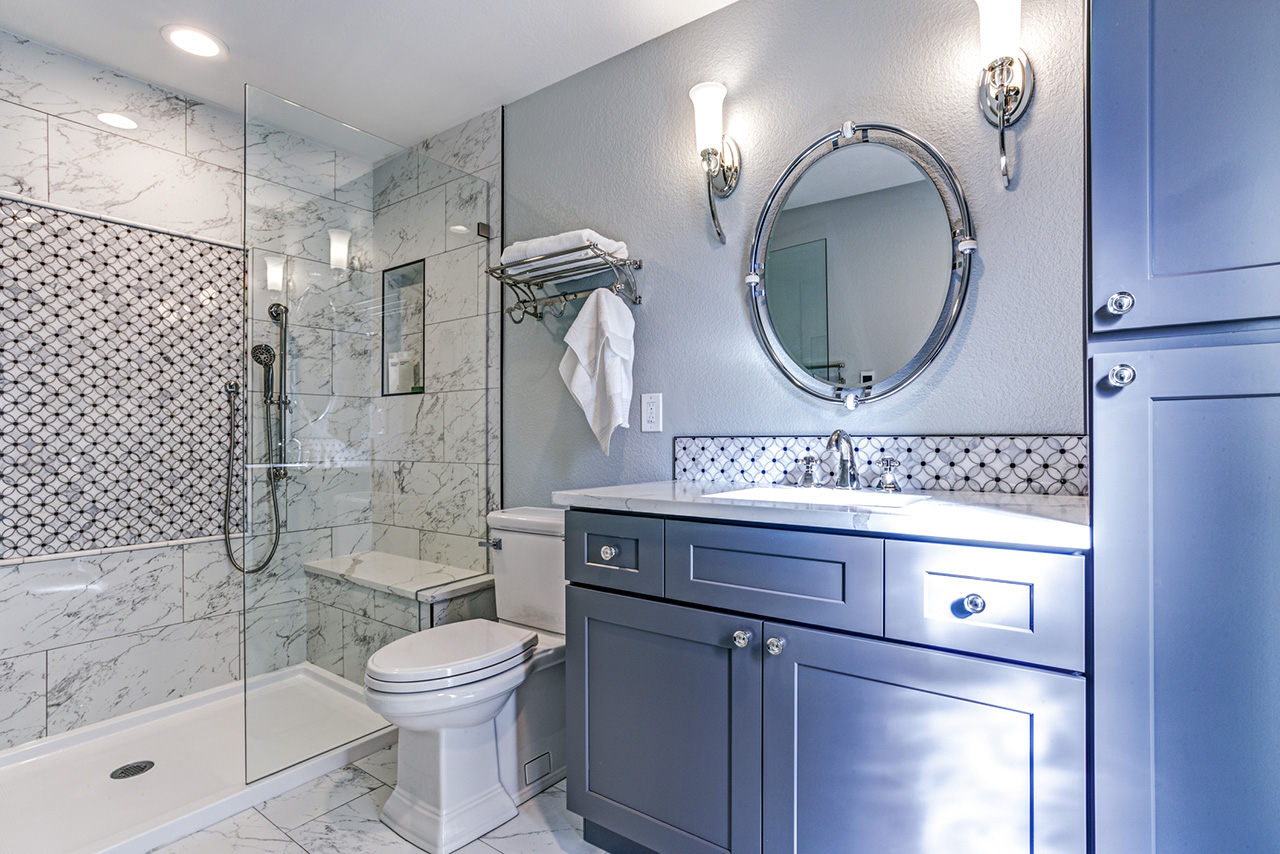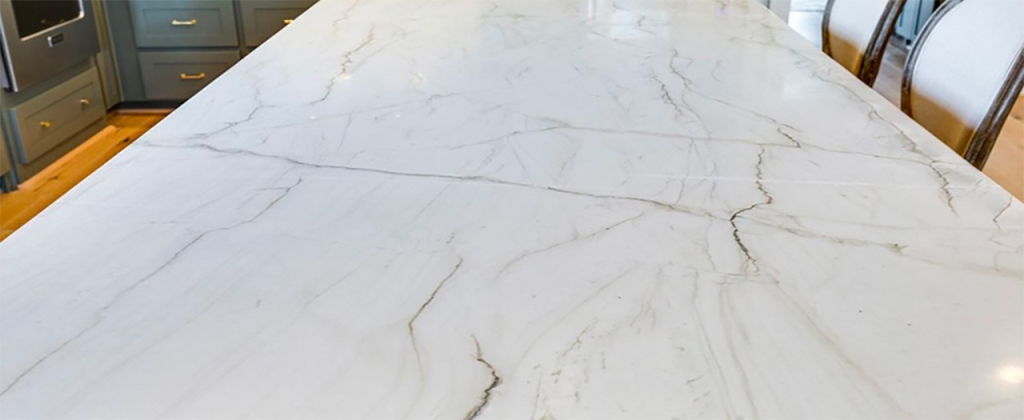Wholesale to the Public!
Table of Contents
Natural Stone Countertop Frequently Asked Questions
Choosing the right countertop material is crucial in any kitchen or bathroom renovation. Each material offers unique benefits and challenges with options ranging from marble’s elegance to quartz’s durability. This guide with FAQs About Natural Stone Countertops provides an in-depth look at the most popular natural stone countertops like granite, quartz, marble, and quartzite—covering their characteristics, benefits, and maintenance needs. Whether you prioritize aesthetics, durability, or ease of care, this guide aims to help you make an informed decision, ensuring your chosen countertop material meets your lifestyle, budget, and design preferences.

Frequently Asked Questions About Granite Countertops (FAQs)
What is granite?
Granite is a natural stone formed from cooled magma or lava, composed mainly of quartz and feldspar with minor amounts of mica, amphiboles, and other minerals. This composition gives granite a rich variety of colors and patterns, making each slab unique. Granite is known for its durability and resistance to heat, making it a popular choice for kitchen countertops.
Why choose granite for countertops?
A Granite countertop offers a combination of beauty, durability, and longevity. They are highly resistant to heat, scratches, and wear, making them ideal for kitchens where cooking and meal preparation occur frequently. The unique patterns and colors of granite also add a luxurious aesthetic to any space, with the added benefit that no two slabs are exactly alike, providing a unique look for your kitchen or bathroom.
Do Granite Countertops Require Excessive Maintenance?
Maintaining a granite countertop installation is relatively straightforward. Daily cleaning can be done with a soft cloth, mild detergent, or a cleaner specifically designed for a natural stone countertop. Although granite is resistant to stains, spills should be wiped up promptly, especially acidic substances like wine, coffee, and fruit juices. Use coasters under glasses and avoid placing hot pans directly on the surface to prevent potential discoloration. Sealing granite annually or as recommended can help prevent stains and protect the stone’s natural beauty.
Why Should I Install Granite Countertops?
Granite countertops are very popular and add value to the home, especially when installed in kitchens and bathrooms. Granite is one of the hardest natural materials, which means granite countertops are virtually scratch-resistant. Since granite is a natural material and each slab is different than the next, even among the same materials, it will never be dated or go out of style like other countertop materials.
Many companies offer Granite countertops, so why should I choose Granite Direct?
Granite Direct imports its granite directly from the quarries in Brazil and India. With no middlemen and low overhead, we can offer unbeatable material prices. In addition, we also offer fabrication and installation services, together with a selection of kitchen and bathroom sinks, including the popular Blanco brand. Convenience and value: we truly are a one-stop shop!
I am concerned about the staining of granite countertops; how can I prevent it?
Granite, as with all natural stone, is porous and, therefore, can absorb liquids like red wine, juice, etc…which, if allowed to sit on the stone for an extended period, can stain your countertops. Applying a natural stone sealer and regular cleaning using a non-toxic natural cleanser can help prevent these stains from forming. All of our installations are sealed. However, we suggest re-sealing every year or so to help preserve and protect your investment. If you do not want to re-seal your granite annually, we also offer an industrial sealant called Hydroshield, which is applied in our climate-controlled warehouse and comes with a 15-year warranty!
What Maintenance is Required for Granite Countertops?
Granite and other natural stone surfaces should be cleaned with products specifically made for this purpose (stone cleaners). We suggest using non-toxic, non-abrasive natural cleaners or a simple solution of warm soap and water. Harsh chemical cleaners, such as bleach or ammonia, will strip away the sealer, potentially discolor and expose your granite to stains. If maintained correctly, your new granite countertops should last a lifetime.
What are the Pros and Cons of Prefabricated Granite Countertops?
Prefabricated granite countertops are cut into a standard kitchen cabinet depth and have an edge already fabricated. For very small projects, a prefabricated top sometimes makes sense; however, with the price of granite becoming more affordable and the labor required at the quarry to prefabricate this material, in instances where two or more prefabricated tops are required, a full slab of granite will be more economical and will provide you with more material, which in turn offers more flexibility in your design.
Frequently Asked Questions About Quartz Countertops
What is quartz?
Quartz countertops are engineered stone surfaces made from a blend of natural quartz crystals and polymer resins, which bind the crystals together. This manufacturing process creates a highly durable and non-porous surface, available in various colors and patterns. Quartz mimics the look of natural stone but offers enhanced durability and maintenance ease.

What are the benefits of quartz countertops?
A Quartz countertop offers several advantages:
- Durability: They are extremely hard and resistant to scratches, chips, and cracks.
- Non-porous: Unlike natural stones, quartz is non-porous, making it highly resistant to staining and eliminating the need for sealing.
- Maintenance: Quartz is easy to care for, requiring only soap and water for cleaning. Its non-porous nature makes it more hygienic, as it does not harbor bacteria or viruses.
- Aesthetic Variety: Available in a wide range of colors and patterns, quartz can mimic the appearance of natural stone, such as granite and marble, or offer unique designs not found in natural materials.
How do I care for quartz?
Caring for quartz countertops is simple:
- Clean up spills on Quartz immediately to prevent any potential damage.
- Use a soft cloth or sponge, mild soap, and water for daily cleaning.
- Avoid using harsh chemicals, abrasive cleaners, or scouring pads, which can dull the surface.
- Although quartz is heat resistant, it’s advisable to use trivets or hot pads under hot pans or cooking units to prevent heat damage.
- Avoid exposing quartz countertops to direct sunlight for prolonged periods, as UV light can cause discoloration over time.
Wholesale to the Public!
FAQs About Marble Countertops
What makes marble a popular choice?
Marble is renowned for its timeless beauty, with its classic veining and soft, subtle palette adding elegance and sophistication to any space. It’s trendy in bathrooms and kitchens for countertops, flooring, and backsplashes. The unique patterns and natural variations in marble mean that no two slabs are identical, offering a distinct luxury and individuality.

What are the care considerations for marble countertops?
Marble is a softer and more porous stone than granite and quartz, making it more susceptible to scratching, staining, and etching from acidic substances. Care considerations include:
- Sealing marble countertops regularly to help prevent stains.
- Cleaning up spills immediately, especially acidic substances like lemon juice, wine, and vinegar, to prevent etching.
- Using coasters under glasses and placing hot items on trivets or mats to avoid scratches and heat damage.
- Cleaning with a soft cloth and mild cleaner specifically designed for marble or gentle dish soap diluted in water.
How does it react to stains and etching?
Marble’s porous nature means it can absorb liquids, leading to stains if spills are not cleaned promptly. Etching occurs when acidic substances come into contact with the marble, reacting with the calcium carbonate in the stone and leaving a dull mark on the surface. While sealing can help prevent staining, it does not stop etching. Avoid contact with acidic substances to minimize etching and consider honed or leathered finishes, which can help disguise etching better than polished surfaces.
FAQs About Natural Stone Quartzite Countertops
What is quartzite, and how does it differ from quartz?
Quartzite is a natural stone that originates as sandstone and transforms under intense heat and pressure into quartzite, a very strong and durable natural stone. Its composition primarily consists of quartz, which gives it a hard surface. Quartzite should not be confused with quartz, which is an engineered product made from natural quartz and resin binders. Quartzite offers a look similar to marble but with the durability and hardness closer to granite.

What are the durability and maintenance requirements of quartzite?
Quartzite countertops are known for their durability and resistance to heat and scratches. They are more resistant to heat and scratches than marble but still require some care to maintain their natural beauty. Quartzite, a natural stone, is porous, so it must be sealed regularly to prevent stains from penetrating the surface. Cleaning is similar to other natural stones, requiring only mild soap and water or a stone cleaner.
Can quartzite resist heat and staining?
Quartzite has excellent heat resistance, making it safe to place hot pans directly on the surface without damage. However, like all natural stone, it can be prone to staining if not properly sealed. It’s important to reapply sealant periodically, depending on the usage and the type of quartzite, to maintain its resistance. Promptly cleaning spills, especially of acidic or highly pigmented liquids, is also essential prevention.
Final Thoughts and Recommendations on Choosing the Right Countertop Material
When selecting a countertop material for your kitchen or bathroom, it’s important to consider your lifestyle, budget, and aesthetic preferences. Each natural stone has unique qualities and care requirements, so choosing the right one depends on what matters most to you regarding durability, maintenance, and appearance.
Granite is an excellent choice for those who appreciate the beauty of natural stone and seek a durable, heat-resistant surface. It requires periodic sealing to maintain its resistance to stains.
Quartz offers a more uniform look and is ideal for those who prefer a low-maintenance countertop. It’s non-porous, making it highly resistant to staining and not requiring sealing.
Marble is best suited for those who value elegance and are willing to try to maintain its beauty. It’s more susceptible to etching and staining, demanding careful use and regular sealing.
Quartzite provides a good compromise between marble’s beauty and granite’s durability. It offers substantial resistance to heat and scratches but requires sealing to prevent stains.
Care and Maintenance
Regardless of the material you choose, proper care and maintenance are key to preserving the beauty and longevity of your countertop. This includes using the right cleaning methods, avoiding harsh chemicals, protecting the surface from heat and scratches, and sealing the stone as needed.
Budget Considerations
The cost of natural stone countertops can vary widely, depending on the installation’s material, color, and complexity. Quartz tends to be on the higher end, closely followed by granite, quartzite, and marble. Consider your budget and the long-term value the countertop will bring to your home when deciding.
Aesthetic and Design Preferences
Finally, consider the look and feel you want to achieve in your space. Each stone offers a unique palette of colors, patterns, and finishes, allowing you to customize your counters to match your design vision. By weighing these factors—durability, maintenance, cost, and aesthetics—you can select the countertop material that best fits your needs and lifestyle, ensuring a beautiful and functional space for years to come.

